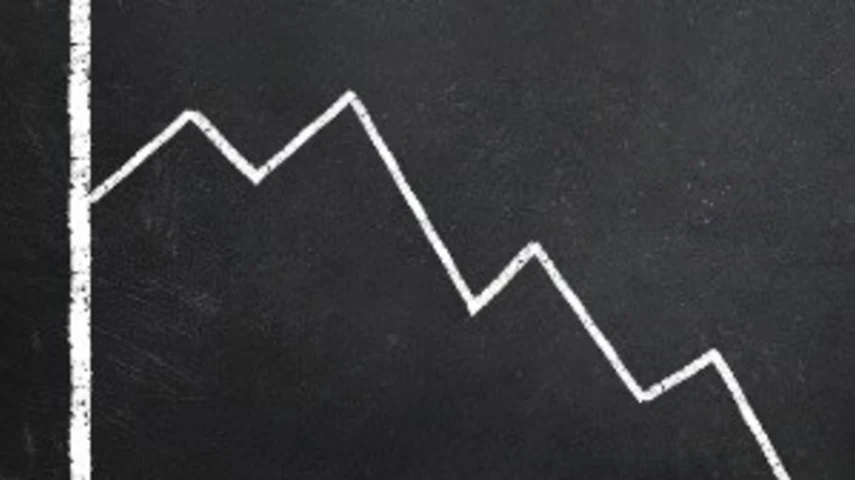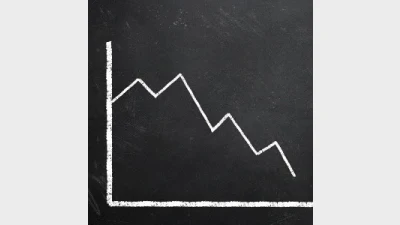Super funds post negative growth for April



Australian superannuation funds have dipped into negative territory, with the median growth fund returning -0.6 per cent in April, according to a Morningstar survey.
The superannuation funds results ranged from 0.7 to -1.3 per cent but had a more positive result over the longer term with medians at 12.8 per cent over the year, 13 per cent over three years, and nine per cent over the five years to 30 April.
The best-performing growth fund over the year was Legg Mason Growth (16.1 per cent), BT Active Balanced (15.8 per cent), and AMP Balanced Growth (15 per cent).
Among balanced (40-60 per cent growth assets) superfunds the best-performing were BT Balanced Returns (15.2 per cent), AMP Moderately Conservative (11.6 per cent), and AMP Moderate Growth (11.4 per cent).
Global shares were the standout performance among asset classes at 26.7 per cent, followed by Australian listed property at 26.1 per cent, global listed property at 19.4 per cent, and Australian shares at 10.2 per cent.
Legg Mason Growth had the highest allocation to Australian shares at 46 per cent, followed by Legg Mason Balanced (39.5 per cent), and Energy Super SRI Balanced (36 per cent).
Recommended for you
The central bank has announced the official cash rate decision for its November monetary policy meeting.
Australia’s maturing superannuation system delivers higher balances, fewer duplicate accounts and growing female asset share, but gaps and adequacy challenges remain.
Global volatility and offshore exposure have driven super funds to build US-dollar liquidity buffers, a new BNY paper has found.
Less than two in five Australians are confident they will have sufficient assets to retire and almost three-quarters admit they need to pay greater attention to their balance, according to ART research.









